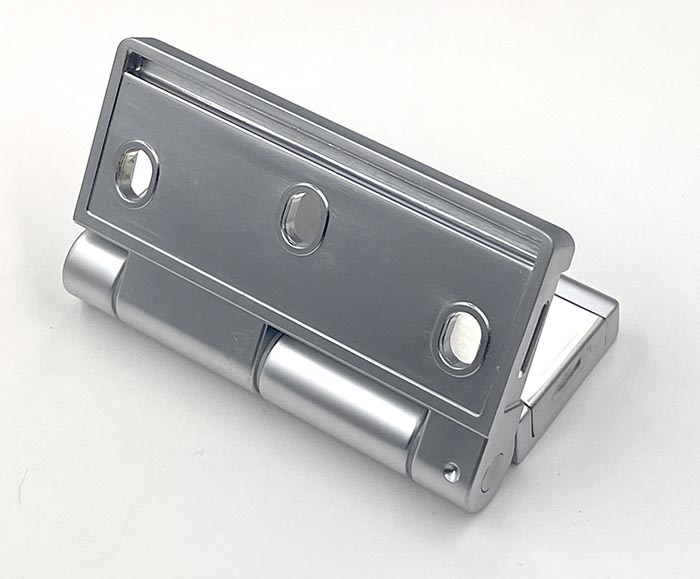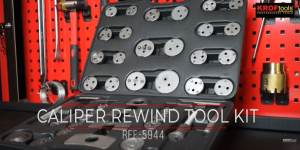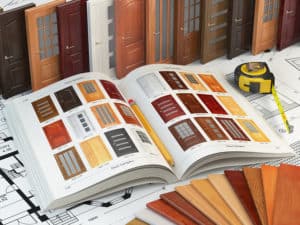RoHS, EXAIR, And You
The 20th century was an amazing time for technological advances. In just 70 years, the science & engineering communities went from believing that powered flight was impossible, to actually powering a flight that took three astronauts all the way to the Moon…and back. In the 50 years or so since then, the computers with the power required for space travel went from needing a whole room, to being able to fit on our desks, and eventually, our pockets.

Along with these amazing advances in technology came exponential increases in the materials it takes to make devices like desktop (or laptop) computers and smart phones…and some of those materials don’t get along well at all with the environment, and by extension, those of us who live in said environment. This doesn’t normally matter as long as those materials are housed inside an operating computer or cell phone (or myriad other electronic devices), but it DOES become a concern when they’re disposed of. When stuff like that ends up in landfills, for instance, it has a bad habit of making its way into the water table…and that’s not good for anyone.
In 2002, the European Union (EU) started pursuing legislation to restrict the use of certain hazardous substances, to get out ahead of disposal issues by keeping them out of products from the very beginning. This led to the creation & implementation of the RoHS Directive. It’s been revised, amended, and updated over the years, because it turns out there are no viable substitutes for SOME of those substances in SOME situations. Among these exceptions:
- Mercury is used extensively in a number of energy efficient CFL light bulbs and fluorescent tubes, so there are exemptions for that, and it works because there’s a whole industry devoted to the proper recycling of these products.
- My personal favorite is the specific exclusion for lead in the manufacture of pipe organs. Seems that the lead based alloy that’s been used for centuries is critical to the tonal qualities of the sound that the pipes produce. Since disposal rates of these are negligible (the use of this alloy is one of the reasons they LAST for centuries), pipe organ pipes don’t have to be RoHS compliant.
Compliance with the RoHS Directive is so important to EXAIR, it’s part of our Sustainability Plan. All of our products that are subject to the Directive have certificates of compliance (available upon request) that document their compliance. Per the specifics of the Directive, these are comprised of certain products in our Optimization, Static Eliminators, and Cabinet Cooler System product lines:
- Optimization:
- EFC Electronic Flow Control Systems
- Digital Flowmeters
- Digital Sound Level Meters
- Ultrasonic Leak Detectors
- Static Eliminators:
- Super Ion Air Knives
- Standard Ion Air Knives
- Ionizing Bars
- Super Ion Air Wipes
- Ion Air Cannons
- Ion Air Guns
- Ion Air Jets
- Power Supplies
- Intellistat Ion Air Guns
- Intellistat Ion Air Nozzles
- Static Meters
- Cabinet Cooler System products:
- Electronic Temperature Control Systems
- Thermostats & Capacitors
- Solenoid Valves
These are all of our products that are electrical or electronic in nature. Our broad line of engineered compressed air products are not subject to the Directive, as they have no electrical or electronic components. We DO make sure these comply with other regulatory directives, as applicable, such as:
- Conflict Mineral Free: All compressed air products
- CE: All products
- UL: Static Eliminators and Cabinet Cooler Systems are UL Listed, HazLoc Cabinet Cooler Systems are UL Classified
- ATEX: These are a brand new line (as of this writing) of Cabinet Cooler products

If you’d like to find out more about EXAIR’s commitment to compliance with any of these standards or directives, give me a call.
Russ Bowman, CCASS
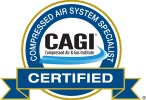
Application Engineer
Visit us on the Web
Follow me on Twitter
Like us on Facebook
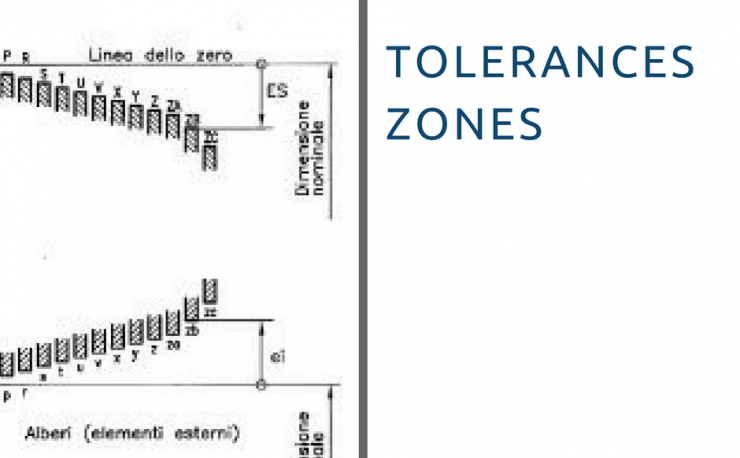
![[VIDEO] E-RAD Blue Series Touch Controller Set Up](https://chainpliers.ltd/wp-content/uploads/2023/12/20231228015520-658cd58838617.jpg)
